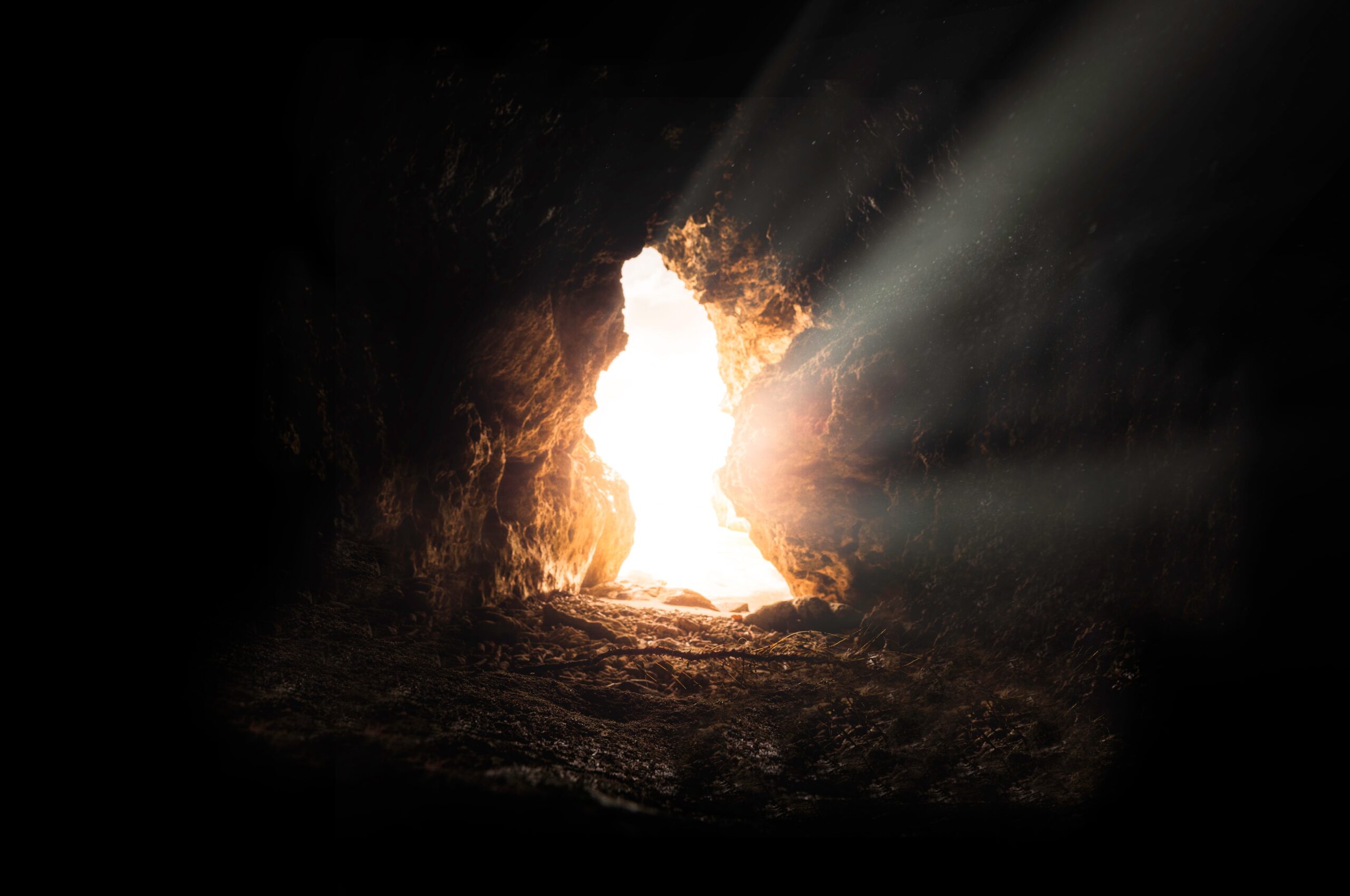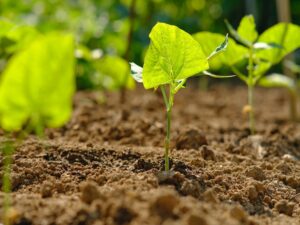Our conception of sustainability is defined by a reality that is unsustainable by design
Imagine a man whose been brought up in a cave his entire life. At the top of the cave is a small hole, through which a streak of light passes, creating shadows within the abyss. Having seen nothing other than the cave and that light, the man makes a valid assumption that this is the entirety of the world; it’s his truth, the only way the world could possibly be. One day the man is freed from the cave to discover what he always assumed to be true was, in fact, an interpretation of reality driven by his experiences. That man trapped in a cave shares an uncanny resemblance with efforts to create a sustainable society.
Unlike the man in the cave, we can see the world around us, but like him, how we see it and respond to it is a product of our socialisation. In our childhood, we subconsciously learn to conform to a rule system; this rule system comprises various beliefs that form an ideology. The thing about ideology is that it’s not necessary to understand it; you merely have to understand how to conform to it to be a functioning member of society. Just like the man trapped in the cage then, there is no such thing as the truth, only our truth.
We exist within a social construct, and while the bars of that construct are invisible, it’s this construct that defines our wants, needs, motivations, and values. Everything that makes you, you, is a product of the reality you exist in. The crucial part of all of this is that these rules of the game don’t just appear out of thin air. They are the result of a cornucopia of unintended, undesirable, and unanticipated consequences.
Take the industrial revolution as an example. Thomas Savery invented the steam engine in 1698. At the time, he could never have imagined that his invention would go on to play a role in creating the conditions necessary for the industrial revolution to take off in Britain around 1790. The industrial revolution led to massive productivity gains that have contributed to a period of never before seen social progress. We now enjoy luxuries like central heating, a constant supply of hot water, and a sophisticated network of plumbing. As is the case with so many aspects of our reality, these elements of life have become basic expectations. But these lifestyles would be the envy of the vast majority of those living just a few generations ago.
The unintended consequence of the massive social development accompanying industrialisation is that high living standards require massive energy inputs. 80% of global energy needs are still met by through burning fossil fuels that release greenhouse gases. We’ve now released so many greenhouse gases that we’ve created a new geological epoch, the Anthropocene, and have induced a climate crisis that risks destroying the conditions we require to maintain high living standards. The changes we have made are so profound they may well lead to social collapse.
While it’s easy to point the finger of blame at those ‘more responsible’ for the climate crisis than ourselves, it’s important to reflect that no one has created the climate crisis and all it entails with intention. It would be great if we could have all of the benefits of industrialisation without the terrible unintended consequences, but one is inextricably connected to the other.
Herein lies the wicked paradox at the heart of efforts to create a sustainable society. The things we need to do to create a sustainable society are the things we really don’t want to do because creating a sustainable society would involve doing away with so many elements that make life so comfortable in modern society. Moving towards a sustainable society would involve having to make sacrifices and giving up elements of life — like jetting off on holidays whenever we want and buying products to our hrearts delight — that have become basic expectations. It’s difficult to imagine people doing so voluntarily because it will feel like they’re having to make sacrifices to living standards.
That’s why efforts to move towards a sustainable path centre around making small changes to the way we do things. It’s plainly obvious that the actions we’re taking are inappropriate because emissions continue to increase, wastes continue to accumulate, and biodiversity and habitat continue to be destroyed. The very elements that have come to define our unsustainable society continue getting worse because there is a refusal to question underlying belief systems that drive human behaviour. To do that would be to question the building blocks of our reality, the truth that has come to define our existence.
And so, governments continue to pursue policies that focus on increasing GDP and encourage economic growth. Companies focus on increasing profits while creating ever more sophisticated ways to greenwash because they know their business models are inherently unsustainable. And we’re all encouraged to continue the celebration of consumption because it’s that behaviour that is so important in keeping the economy going. In short, the very elements that have come to define an unsustainable world are the things that must be encouraged to maintain a functioning society.
We’ve now reached a point where our reality creates so many points of rigidity that it’s unviable to imagine we’ll be able to adapt to a sustainable society without some kind of break with the current way of doing things. It’s delusional to imagine a system spontaneously changing itself and the beliefs that feed it. So what’s the solution? The uncomfortable reality is that we are in a trap of our own creation; it’s not what people want to hear, but it’s the truth, and there’s no point sugar-coating it when we are hurtling into a deeply uncertain, unstable world.
In the coming decades, the risk of global droughts that result in widespread crop failure will increase exponentially. Crop failures will lead to food shortages, price hikes, economic instability and war; in that environment, it will become increasingly difficult for governments to provide for people’s basic needs, let alone maintain high standards of living. It’s when people’s standards of living are falling sharply and when there is no hope of returning to a time of prosperity that social unrest could boil over, leading to the possibility of uprisings and a breakdown of law and order.
It’s in that environment where social collapse will become a real possibility. But a fundamental break with the present is exactly what’s now needed because it will provide an opportunity to redesign society based around a vision of a sustainable society operating within environmental limits. Things are going to have to get much worse before there is an opportunity for them to get a whole lot better. But rather than despair and doomism, that fact should bring hope and optimism.



